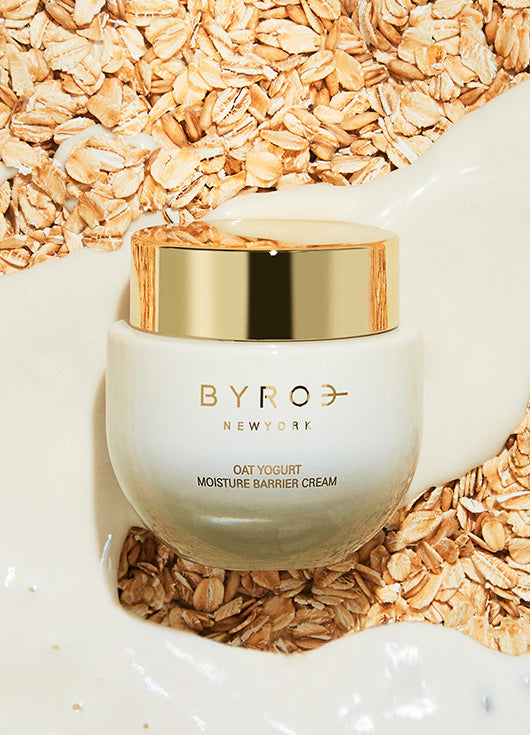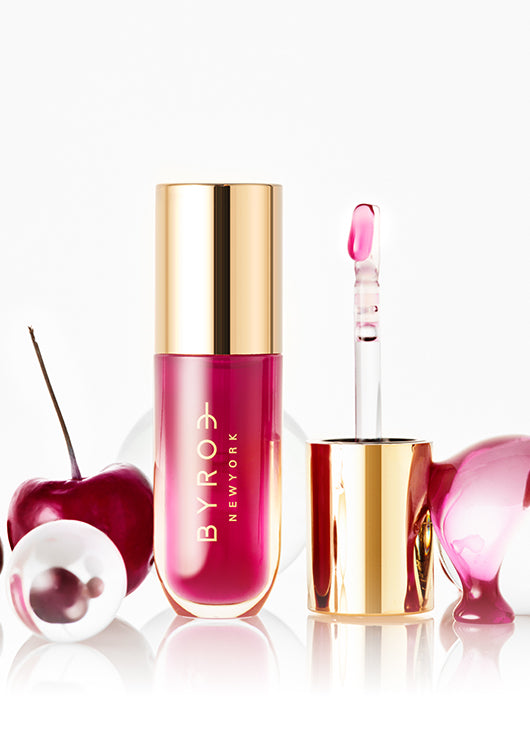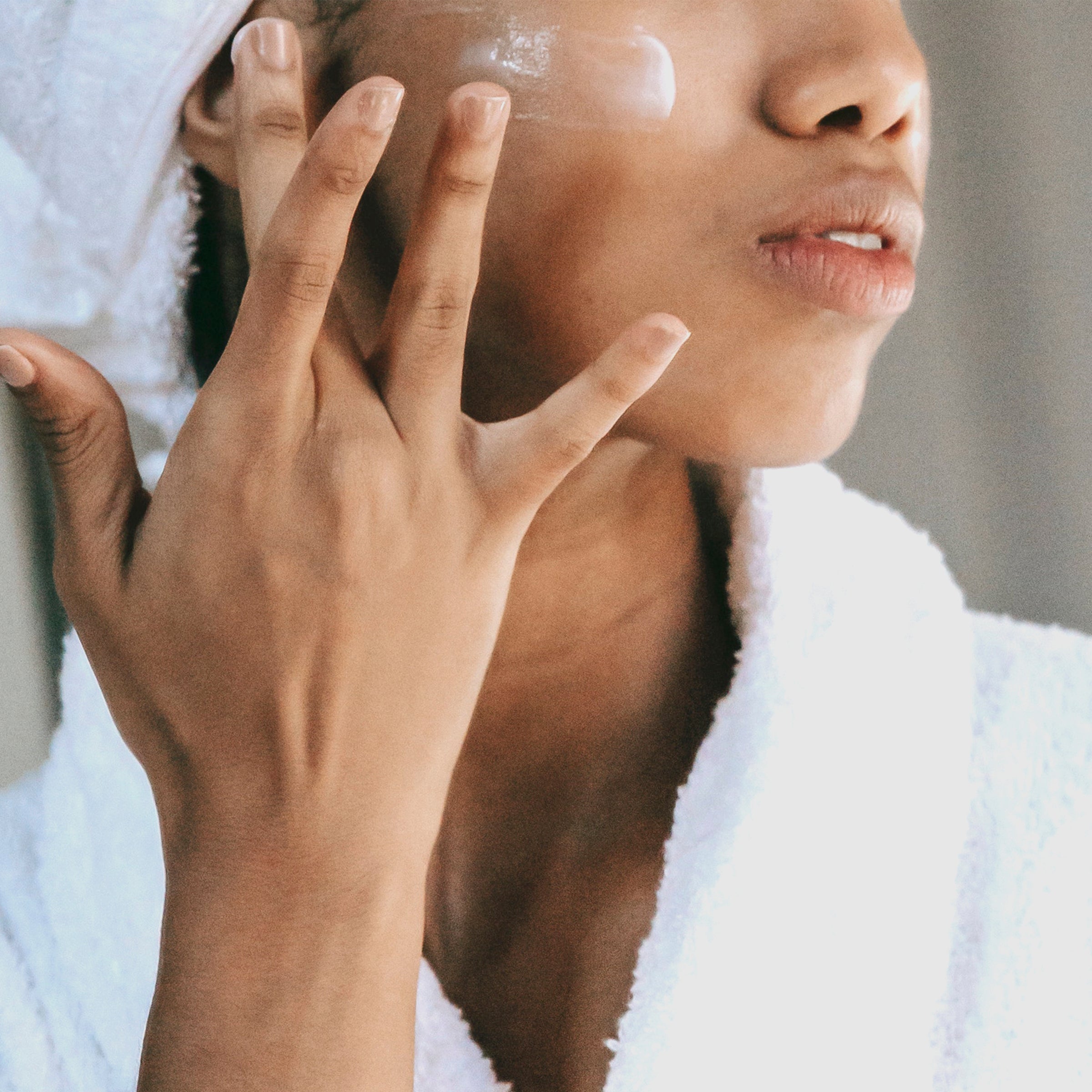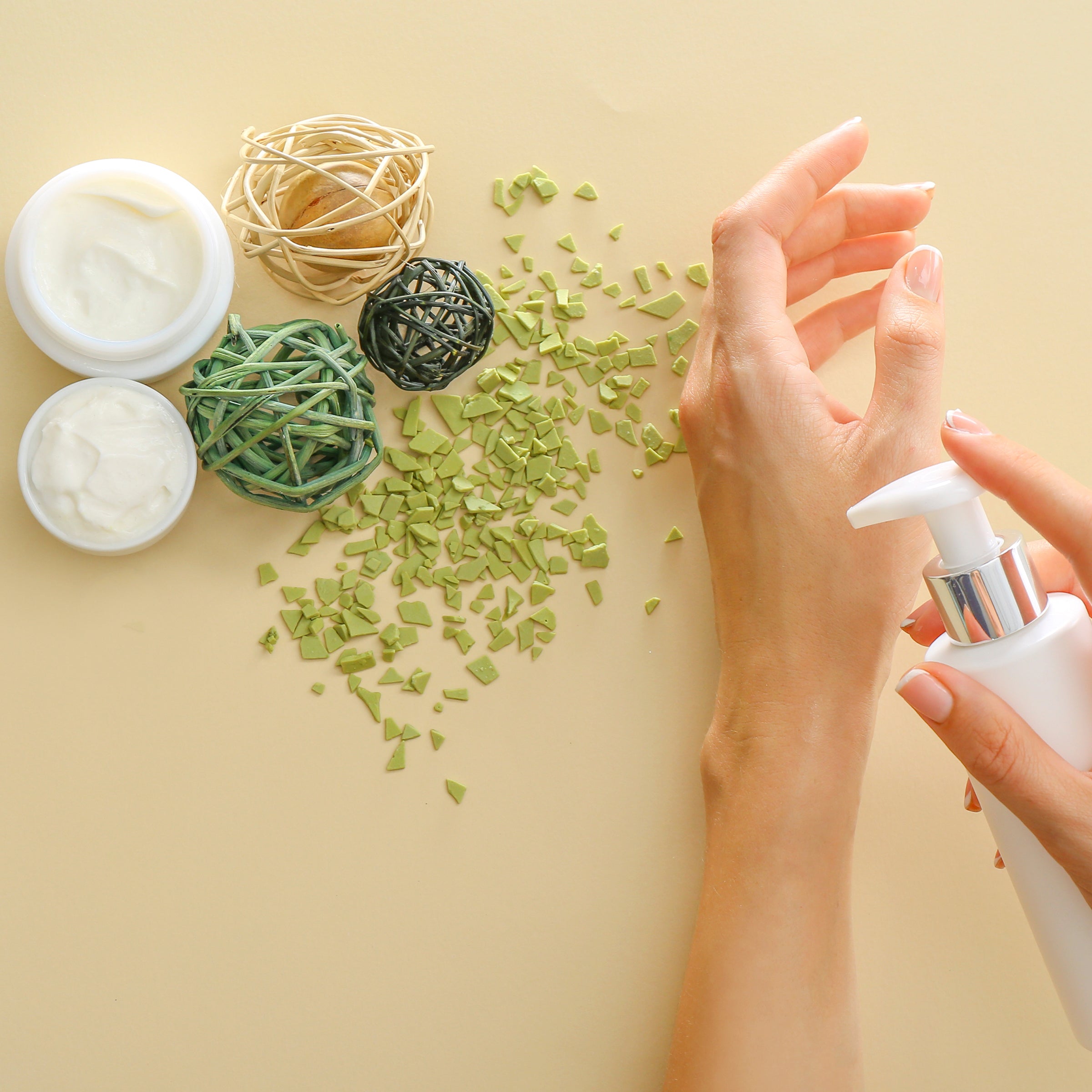Itchy? Flaky? Red, inflamed skin? No, your skincare routine shouldn’t burn or sting. If you’re experiencing excessive irritation on a routine basis it’s time to face the facts that your routine may be doing more harm than good. Here’s how to tell:
According to Dr. DiAnne Davis, a cosmetic dermatologist at North Dallas Dermatology Associates, “If you start to notice any irritation, dryness, peeling, stinging, burning, or any other uncomfortable symptom, then that could be a sign that the routine or the product is damaging your skin.” She notes that it may take a couple of days for your skin to adjust to a new product but continued, uncomfortable reactions should never persist. For example, just started using a chemical exfoliator? Some minor tingling is completely normal but if you’re feeling intense burning after every use that’s a sign it may be damaging your skin barrier aka the most important part of your skin.
Constantly damaging your built-in bodyguard can ultimately reduce your skin’s elasticity and ability to recover as quickly. More specifically, Dr. Davis adds, “Several possible side effects include but are not limited to post-inflammatory hyperpigmentation (affected skin is darker than normal), post-inflammatory hypopigmentation (affected skin is lighter than normal), post-inflammatory erythema (persistent redness on affected areas of the skin), allergic reactions (referred to as allergic contact dermatitis or irritant contact dermatitis), chemical burns, superficial abrasions or cuts in the skin, and possibly even small scars.” Is it worth it? Definitely not.






Leave a comment
All comments are moderated before being published.
This site is protected by hCaptcha and the hCaptcha Privacy Policy and Terms of Service apply.